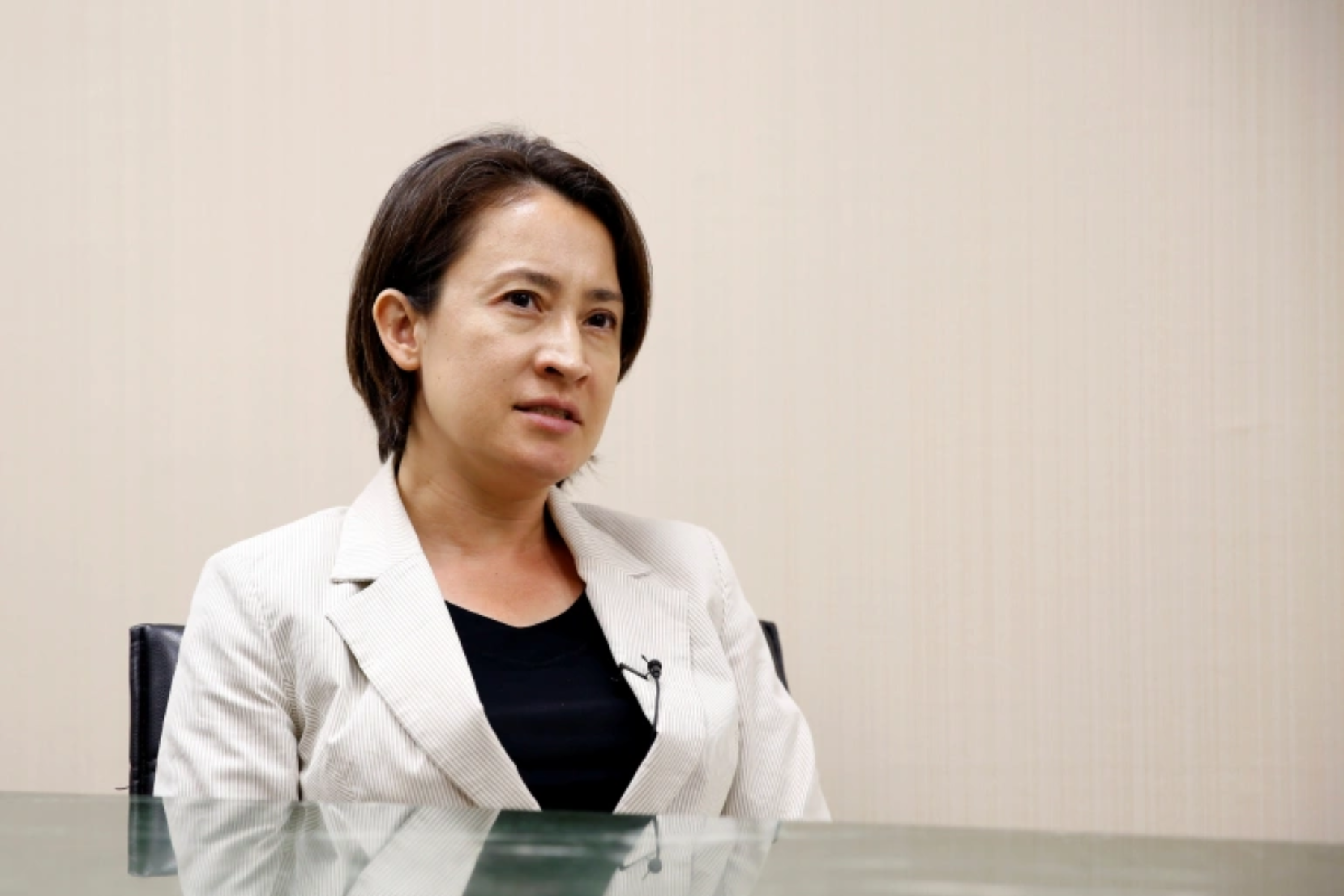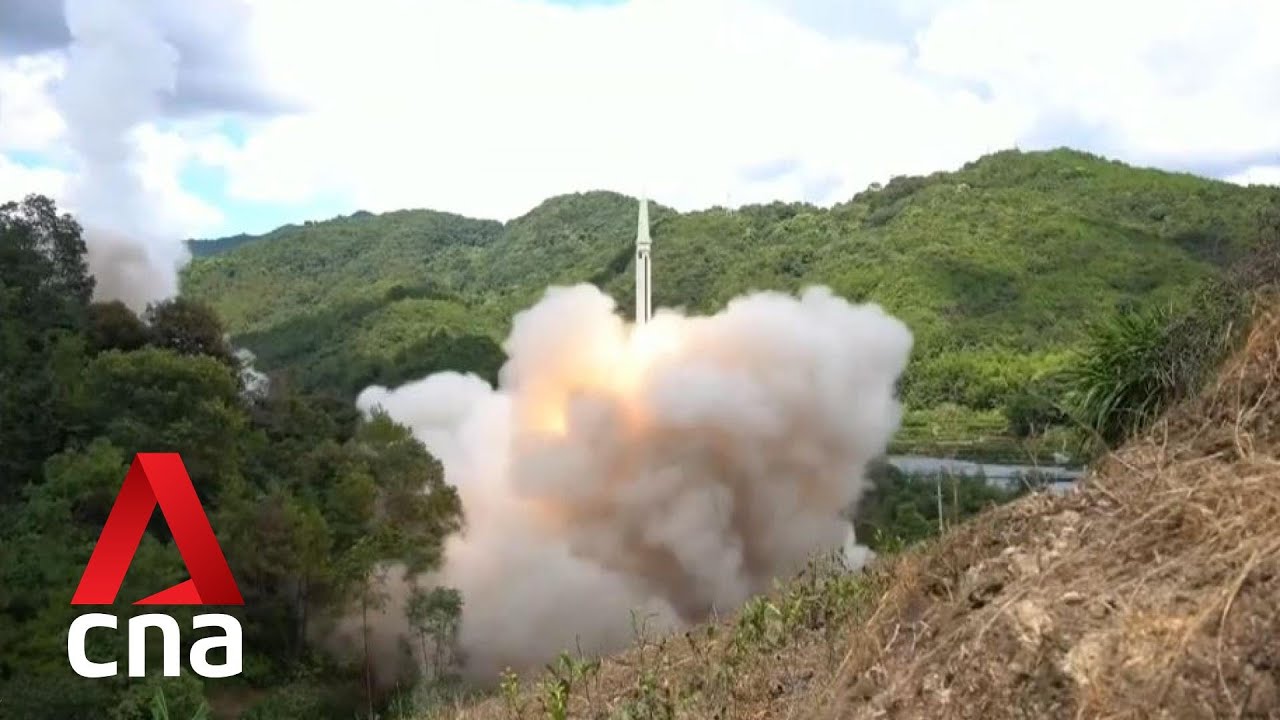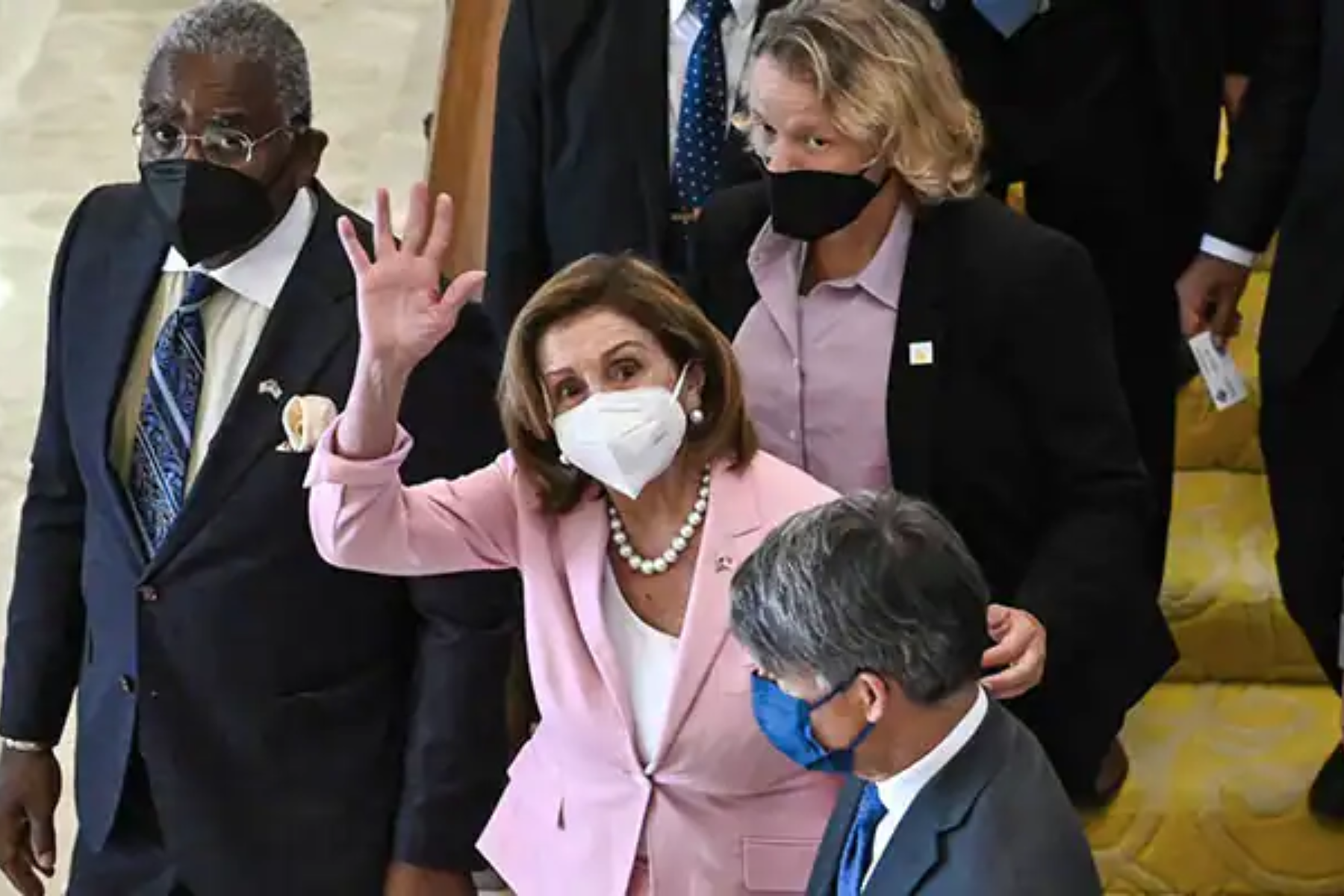China Sanctions Seven Taiwanese 'secessionist' Officials
China sanctions seven Taiwanese officials as they were thought to be secessionists. China has said that it is putting seven Taiwan officials on a "black list" because it thinks they support Taiwan's independence.
Author:Rhyley CarneyReviewer:Paula M. GrahamAug 17, 202214.8K Shares231.5K Views

China sanctions seven Taiwaneseofficials as they were thought to be secessionists.
China has said that it is putting seven Taiwan officials on a "black list" because it thinks they support Taiwan's independence.
The group won't be able to go to mainland China, Hong Kong, or Macau, and they won't be able to work with Chinese officials, according to Xinhua, a state-run news agency that quotes a spokesperson from the Taiwan Work Office of the ruling Communist Party.
The Seven Officials Targeted By Beijing And Taiwan's Response

China imposes sanctions on seven Taiwanese officials
Beijing wants to get rid of seven people, including Bi-Khim Hsiao, who represents Taiwan in the United States.
Xinhua said that the "punitive measures" were needed to "safeguard the peaceful development of cross-Strait relations and the immediate interests of the people on both sides of the Strait."
They were called "diehard secessionists" by the Communist Party's tabloid, Global Times.
Beijing says that Taiwan is a part of China, and it hasn't ruled out using force to take control of the island.
In response to the sanctions, Taiwan's foreign ministry said that the island was a democracy that "could not be interfered with by China."
As reported by the Reuters news agency, Ministry spokesperson Joanne Ou told reporters in Taipei:
“„Even more, we can't accept threats and menace from authoritarian and totalitarian systems.
Pressure As A Result Of Pelosi's Visit On The Island

Beijing has put more pressure on the island since US House Speaker Nancy Pelosi went there earlier this month.
They have done war games around the island for several days and stopped working with the US in a number of areas, including climate.
Monday, when a group of US lawmakers were in Taipei and were going to meet with Taiwan's President Tsai Ing-wen, the military kept up with the drills.
Taiwan Celebrated For Being Sanctioned
Even though it has diplomatic ties with Beijing, the US is Taiwan's biggest backer and is legally required to give the island the tools it needs to protect itself.
Taiwan says that the 23 million people who live on the island should decide what happens to them.
Because Taiwanese officials don't go to the mainland, the sanctions aren't likely to have much of an effect on them.
Lin Fei-fan, who is the deputy secretary general of the DPP, said that being put on the sanctions list was an honor.
He wrote on his Facebook page:
“„I think that in this era, being sanctioned by an authoritarian regime should be a decoration for members of the free world, and it is very glorious.

Rhyley Carney
Author

Paula M. Graham
Reviewer
Latest Articles
Popular Articles